You have been worrisome for the past nine months about your food intake due to the baby’s development, after which comes the nursing stage, wherein you must be cautious about the potential reactions.
Mothers must maintain their normal meals when they breastfeed to get the essential nutrients as well as to increase the levels of breast milk, although not all newborns react towards a similar foods, here’s our list of foods to refrain from during breastfeeding.
Everytime you eat something that might be questionable, always observe your baby’s reaction and ask your pediatrician for whatever concerns you may have.
1. Fish
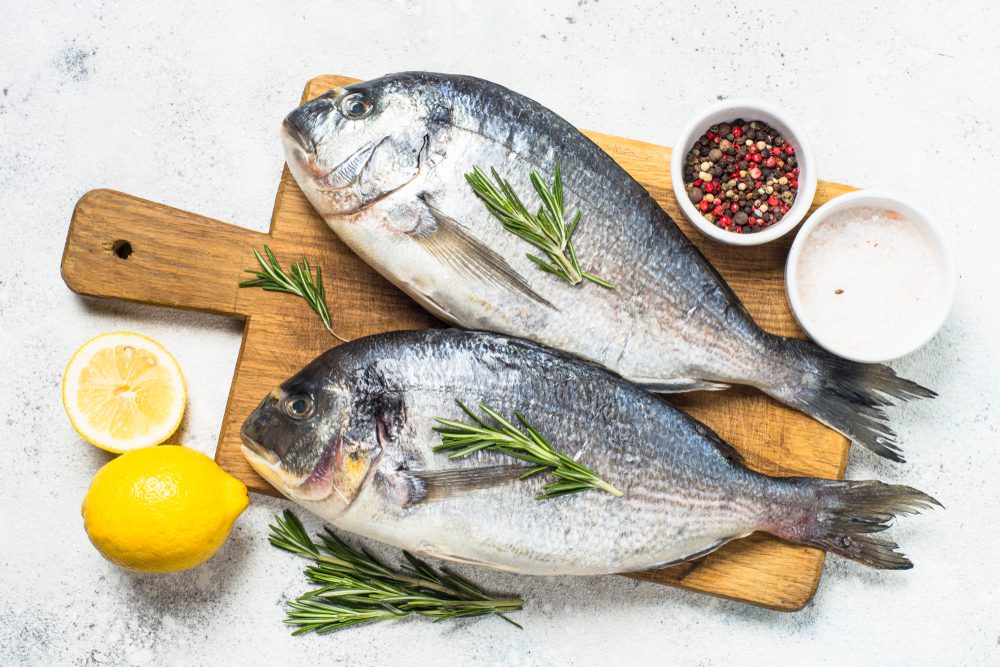
Avoiding fish entirely is not necessary, but you have to choose the type of seafood you are going to consume. Some fish have high mercury content, and this also goes into your breastmilk. Adhere to the guidelines in consuming fish while you are still pregnant, and everything will go well accordingly.
2. Caffeine

Although coffee is the answer to all those sleepless nights but not for now. Some caffeine might be acceptable, but it is essential for you to know that it also goes to your breast milk. A baby’s body is not ready to process the caffeine-like in adults. So, while you are wishing that they would take a nap soon, just hold for a while to enjoy that cup of coffee until they’re asleep.
3. Peppermint or Parsley
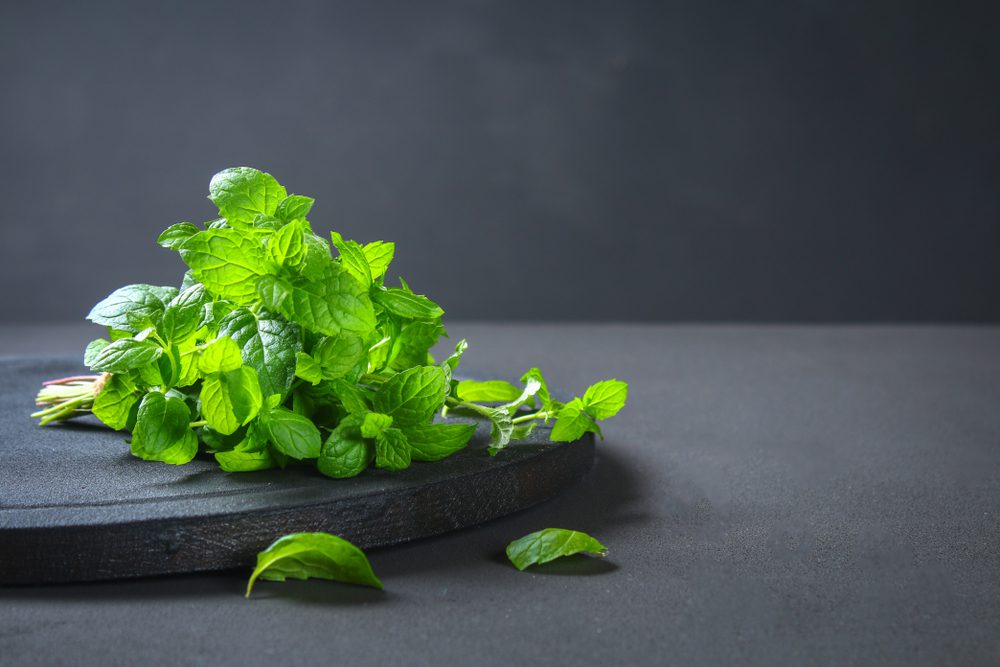
Peppermint is great for tea, and parsley is nice as a food garnish, but the trouble with these two herbs is that they affect your milk by decreasing your supply. If utilized in small amounts only, it wouldn’t be an issue, however, be aware of dips after eating, especially if your baby is on their growth spurt wherein they become hungrier than they usually do.
4. Dairy
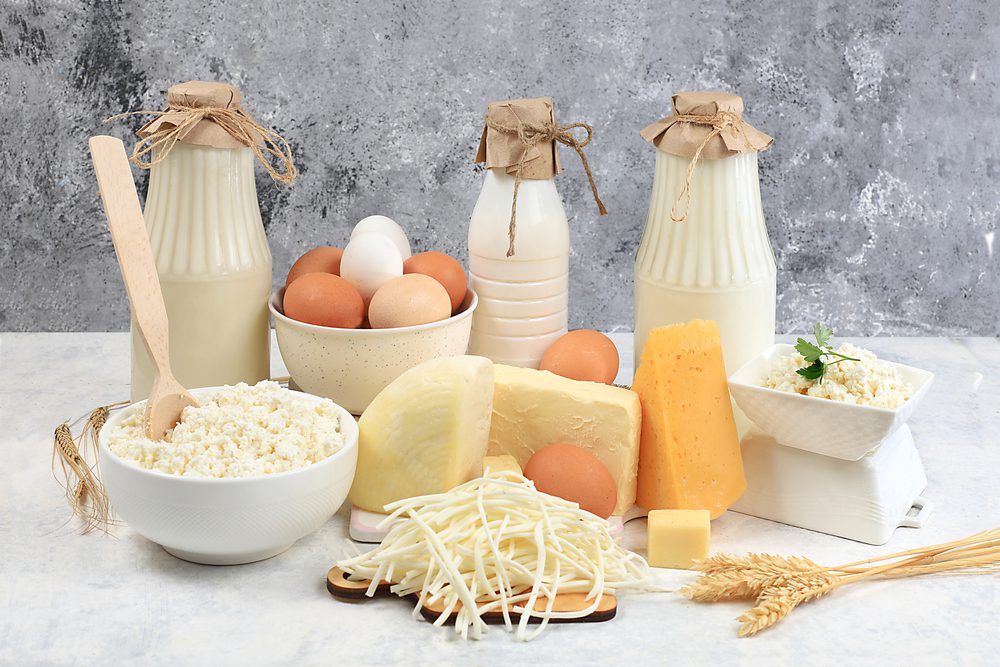
The usual food problem for breastfed babies is dairy. If your babies become fussy after breastfeeding, having various skin problems or eczema, and sleep issues, starting an elimination diet is a good start. Avoiding dairy products might be difficult. You have to stop consuming dairy for several weeks to rule out dairy allergy. If you have observed any improvement after this period, it means that the cause of your baby’s trouble is the allergy to dairy products.
5. Wheat
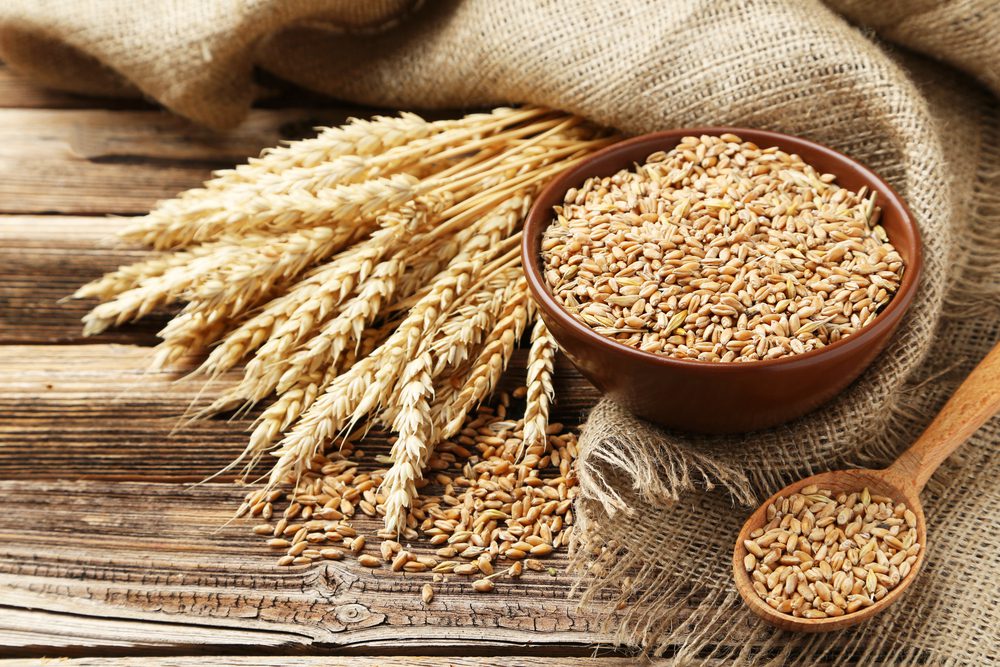
Developing bloody stools among babies can be caused by gluten intolerance. A painful belly and fussiness may also be related to wheat. The same in dairy, an elimination diet is best to determine if wheat is in question. Some moms prefer to exclude all problem-causing foodstuffs, and little by little, reintroduce them individually. The gradual reintroduction aids to point out the intolerance or allergy and paves the way for other foods to be consumed again.
6. Chocolate
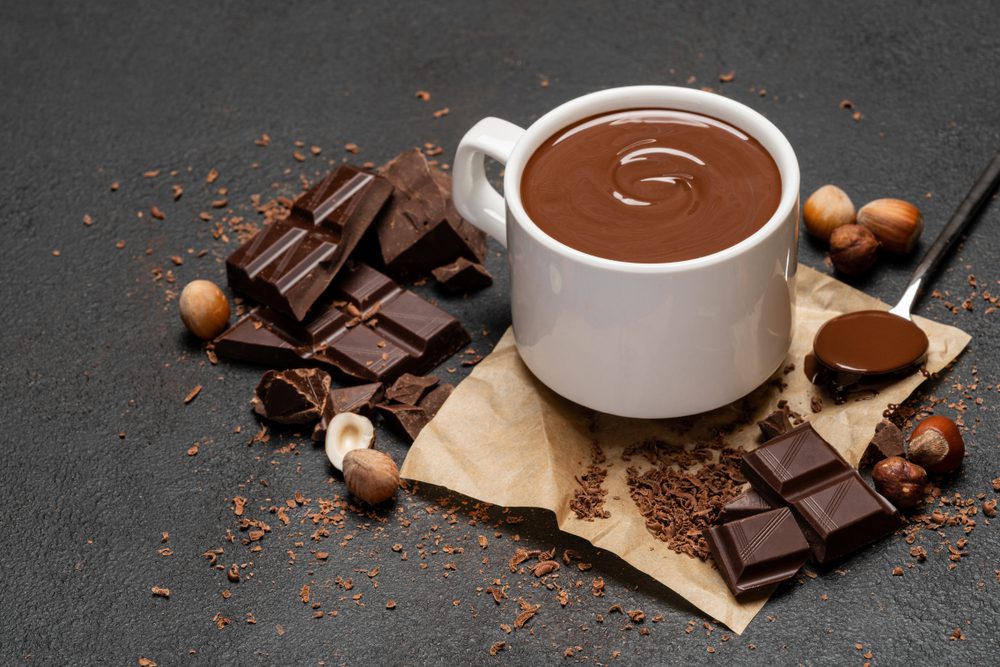
Excluding chocolate completely is unnecessary, but take note it also contains caffeine. Some breastfeeding moms learn that chocolates have this laxative effect on their babies. Watch out for those diapers and your baby’s behavior. If they suddenly have runny stools and become fussy after consuming chocolates, you have to avoid it or limit your intake of chocolates.
7. Alcohol

Alcohol goes into the breastmilk, which can affect your baby negatively. Though it is best to prevent drinking, if you decide to consume an alcoholic beverage, it takes 1 to 2 hours for it to metabolize. This does not remain in breast milk longer compared in the bloodstream, that’s why when you are completely sober, you may breastfeed already.
8. Citrus
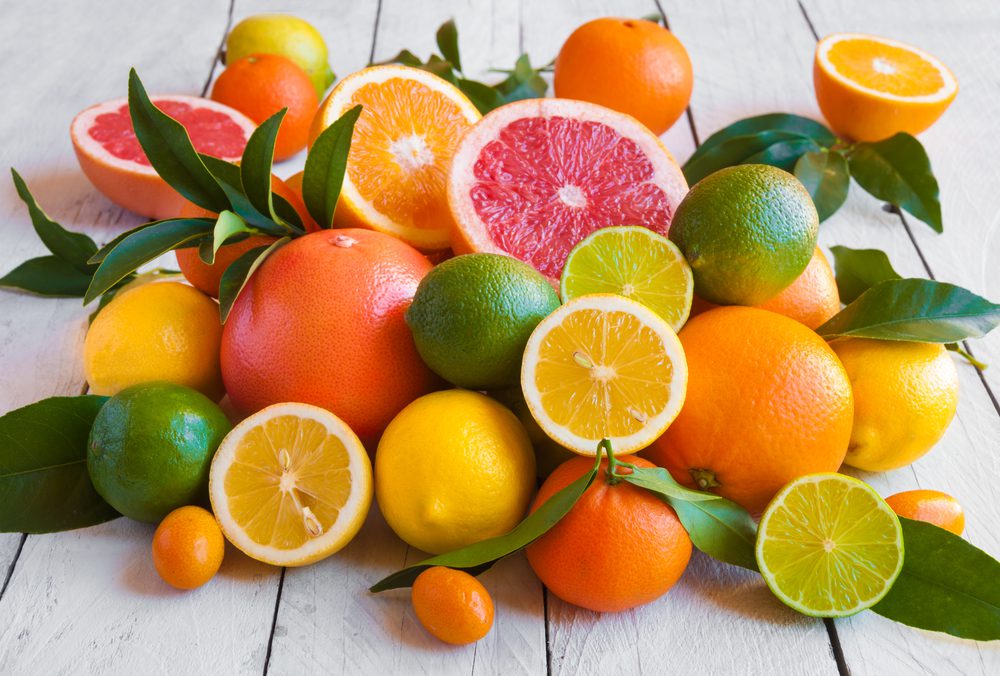
The GI tract of your baby is immature, and certain compounds in a citrus fruit can irritate them. It can cause fussiness, diaper rash, as well as spitting up. If you crave vitamin C, try to have mango or pineapple instead.
9. Garlic
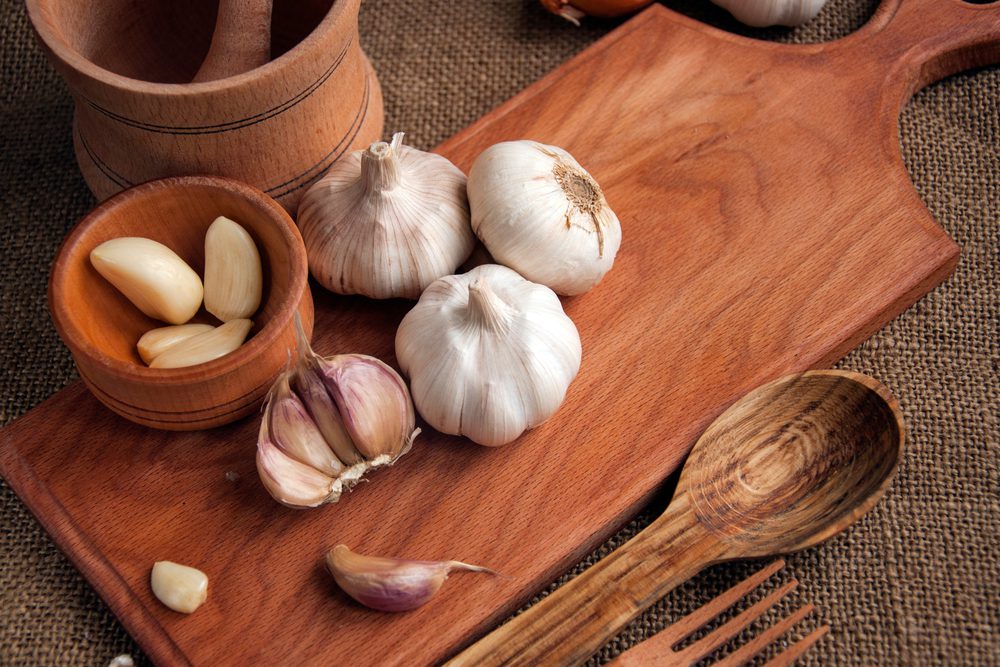
You know that you have to avoid eating garlic if you are expecting a kiss, but have you heard that the smell of the garlic could get into the breastmilk too? If you observe your baby is pulling-off or doesn’t want to nurse, check if it happens that you consumed something with garlic. Garlic has plenty of benefits as far as we all know, but the babies’ palates are not matured enough for them to appreciate it.
10. Peanuts
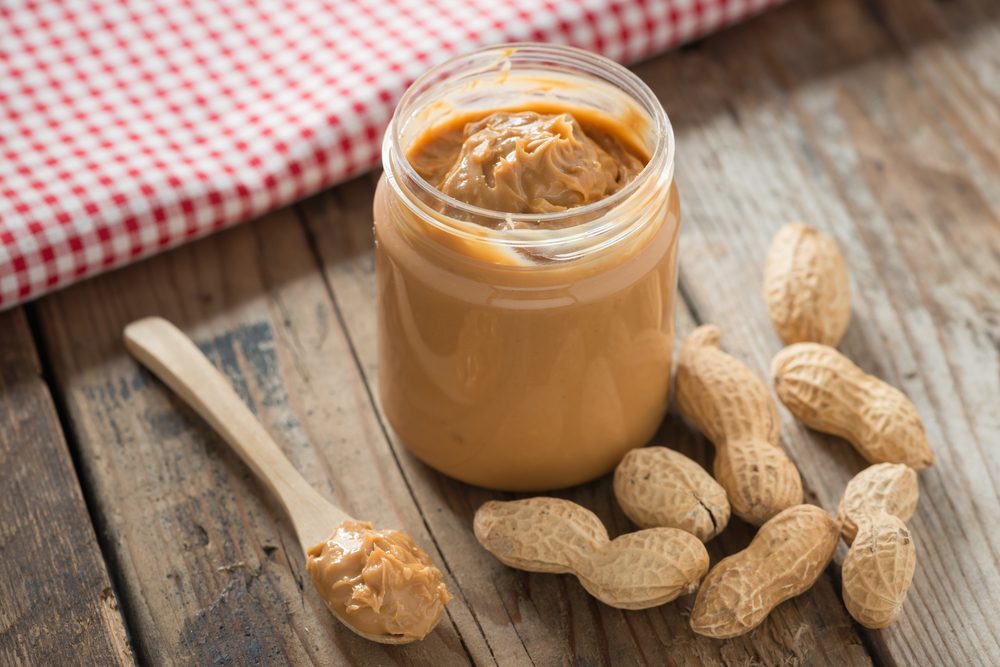
If an allergy to peanuts runs through your family, you have to prevent consuming peanuts only after they are weaned. The allergens in peanuts, as well as tree nuts, can transfer through breastmilk. Rashes, hives, and wheezing are indications of an allergy so if you are not certain that they are allergic to peanuts, watch out for these signs.
For pregnant moms, check out these 10 foods you should avoid eating.
